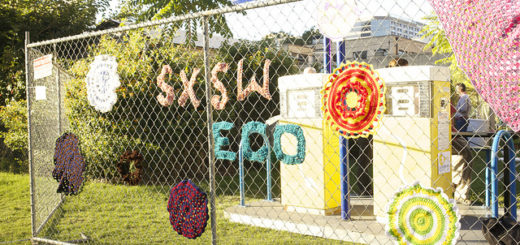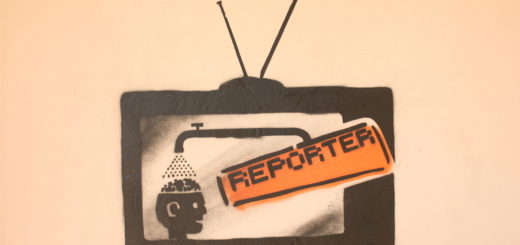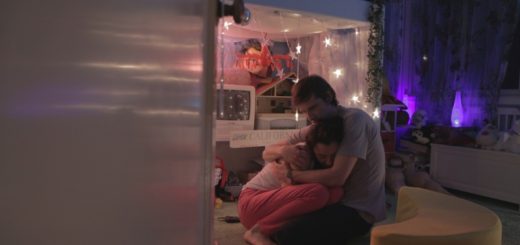Beating the blues; Antone’s was home away from home for a lonely UT freshman
Like many people who move to Austin to attend the University of Texas, I didn’t know a soul when I arrived. It was the fall of 1988, and I didn’t have a single friend in town. Unfortunately, my father had installed me in the antebellum-esque Scottish Rite Dorm, a private all-girls cloister north of UT. Looking at pictures of the lushly landscaped grounds, I thought it would be a swell place to live.
What I didn’t know was that more than 80 percent of the gals at SRD were involved in UT’s Greek System. With my Ramones T-shirt and the de rigueur punk-rock footwear of black Doc Martens, I had little in common with the brightly hued confections who suffered through UT’s sorority rush, withering in the brutal August heat in their starched and ruffled Laura Ashley floral frocks and hobbling high heels. It wasn’t a great place for me to make friends.
In early fall, after a few weeks at SRD, my dorm mates all headed out for another Saturday night with their new sororities. I was practically alone in the empty building, and wretched in the way only a self-obsessed 18-year-old can really master.
After reading a breathlessly enthusiastic write-up in the Austin Chronicle about some life-changing, never-to-be-missed performance at Antone’s, “Austin’s Home of the Blues,” I somehow dragged my cloud of loneliness out the door.
Together, loneliness and I went down the hill and headed a few blocks north, all the way to Antone’s. In those days, the club was on Guadalupe, just north of the UT campus. When I opened the club’s door, I felt I had tumbled down a rabbit hole like the one described by Lewis Carroll in “Alice’s Adventures in Wonderland.” I had stumbled straight into another world. Sure, they were playing the blues at Antone’s, but it was a happy place.
Although Antone’s was within walking distance of campus, it was far removed from the rumpled T-shirts of the university. I had been expecting a student hangout, but that wasn’t what I found. This was a place for grown-ups. It seemed a lot like the supper clubs I had seen in old Hollywood movies; minus the supper and crossed with a smoky dive bar.
While I looked like I had crawled out of bed early that afternoon, the other women at Antone’s were all gussied up. Many were in fancy dresses showing just the right amount of skin, accessorized with strappy dancing shoes and shiny baubles. Their elaborate hairstyles were a long way from wash and wear. They looked like Saturday night, I looked like a trying stretch of Friday afternoon.
As naive as this might sound, what caught me off guard the first time I stepped through Antone’s doors wasn’t that I was underdressed, but that many of Antone’s patrons were black. A mixed crowd wasn’t something I was used to.
I had moved to Austin straight from the redneck, oil-refining Houston suburb of Deer Park, just down the street from the mechanical bull at Gilley’s nightclub, famous from the movie “Urban Cowboy.” If there was a black family in Deer Park, I never saw them. I was living in SRD, which had no black residents that year. The crowd at Antone’s just wasn’t something I was expecting.
I can’t tell you who played that night, or on any of the many other Saturdays I went to Antone’s. Mostly I stood in the back, holding down the parquet floor near the entrance, waiting for the tiny tidbits of fresh air that would eke their way inside the smoky haze each time the door opened. Between sets, to avoid the fact that I didn’t know anyone, I’d often dash across the parking lot the club shared with Eckerd Drugs and browse the magazine rack.
I don’t think I missed many Saturdays at Antone’s my freshman year. I can’t tell you who played, partly because that’s where I was going, no matter who was on the bill.
I don’t know if I’ll ever be able to describe why I, an 18-year-old freshman, was compelled to go to Antone’s pretty much every Saturday night for a year. Apart from that little blip in my life, my musical tastes have always been more Liz Phair than Leadbelly, more Ministry than Marcia Ball.
Looking back from a perspective of almost 20 years, it seems miraculous to me that Clifford Antone, a youngish white man, could have operated the club I visited. I can’t believe that a club so close to campus had such a dedicated African American clientele. I think Antone himself might have even been nice to me, although my teen angst scowl didn’t invite friendliness. That’s assuming Clifford Antone was the big, baby-faced guy walking between the door and the bar nearly every time I was there, often nodding and sometimes saying hello.
While I can’t say that I knew Clifford Antone, I refuse to consider what my Saturday nights would have been like my freshman year without his club. Antone’s was my steady Saturday night date for a solid year, and the club never let me down. It was my home away from home when I had the blues.























